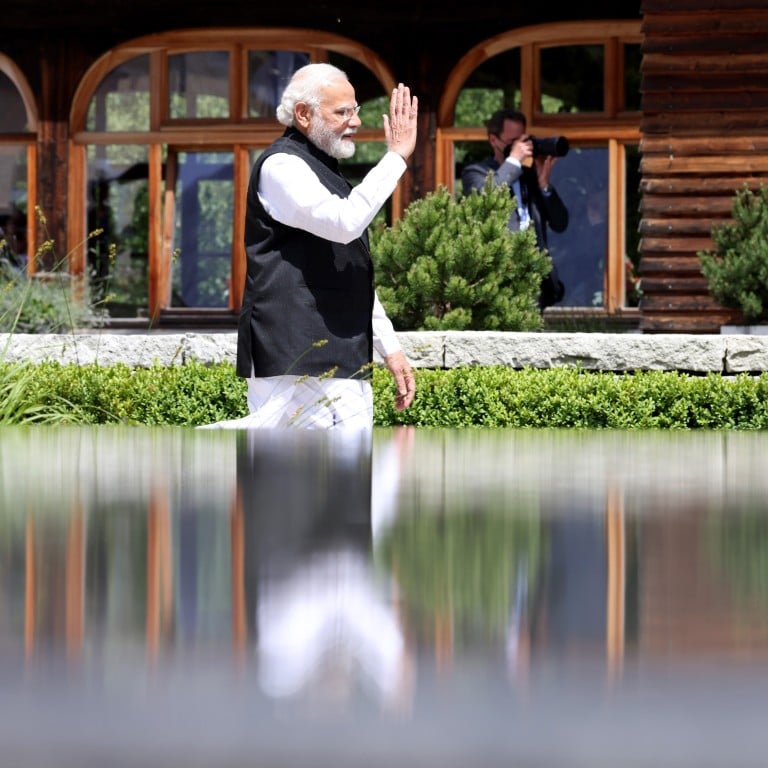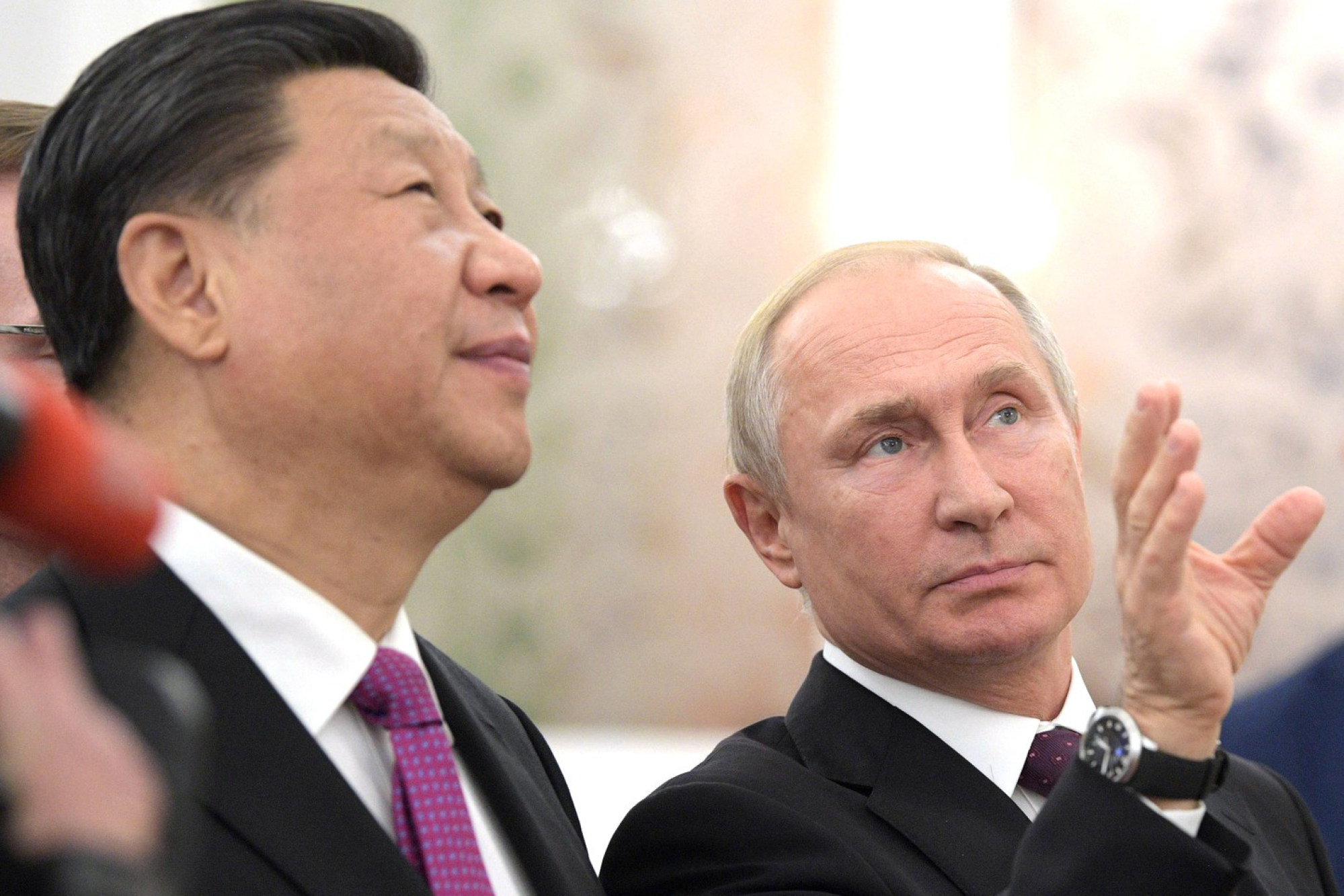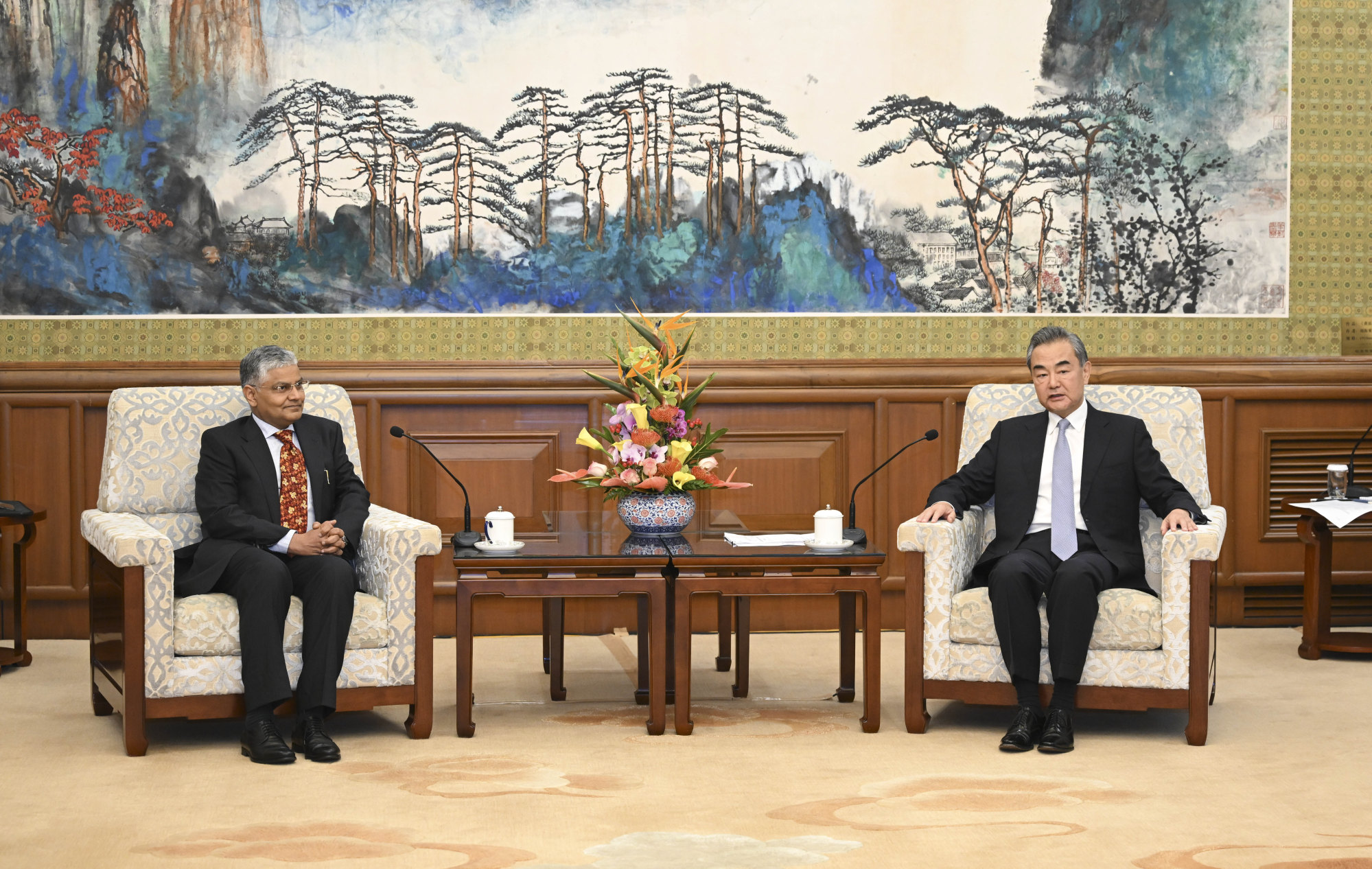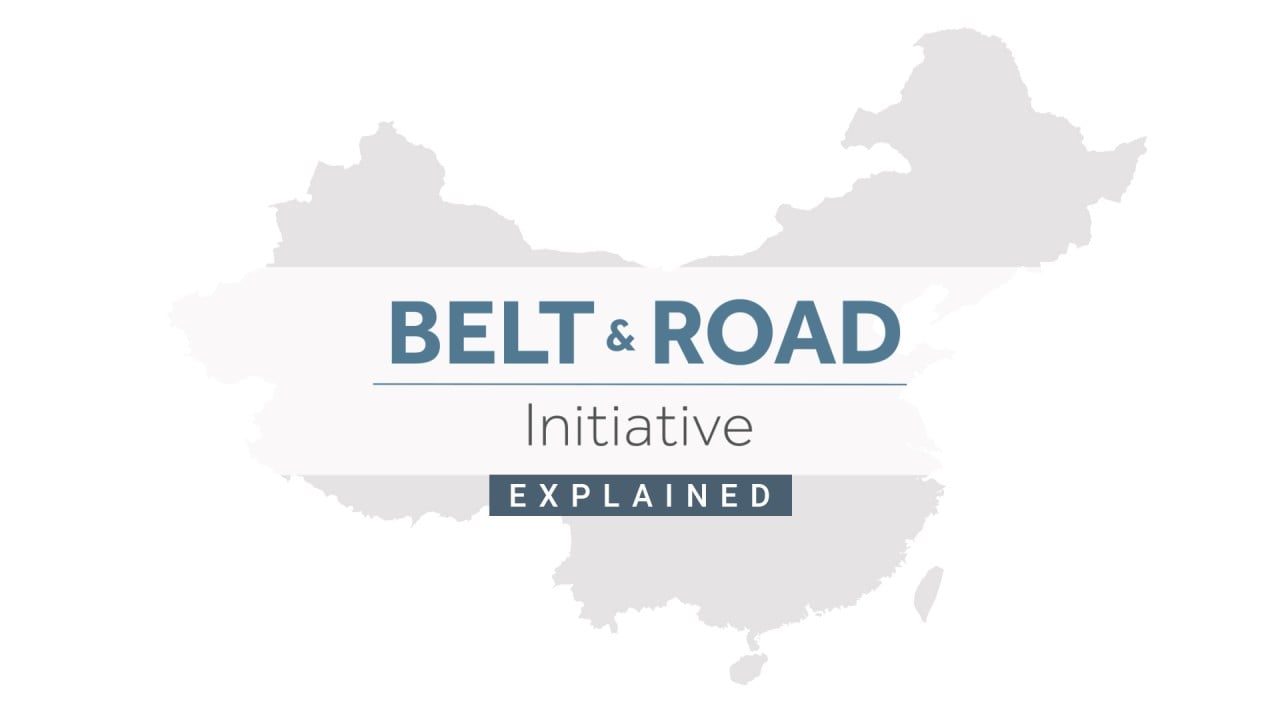
As China and Russia champion an expanded BRICS, India may have to pick a side
- Expanding the BRICS grouping would help build an alternative to the Western alliance and enable countries in the Global South to avoid economic shocks from sanctions
- However, China dominating this new world order would not suit India, which is already under pressure from the West over its oil purchases from Russia
First, it was held against the backdrop of the Ukraine conflict. Second, Russia recently defaulted on its sovereign debt commitments. Third, India is beginning to feel the pinch of striking a balance in an increasingly bipolar world order.
China had invited several countries to attend the BRICS foreign ministers’ meeting in May, and both China and Russia have voiced support for expanding the group. Developing countries have responded positively. In June, Argentina’s president expressed an interest in joining the grouping, while Iran has applied to join.

Russia or China are unlikely to challenge American hegemony through military power, given that the US has over 750 military bases around the globe while Beijing and Moscow together can count only a few bases in Asia, Europe and Africa. However, on trade and economics, Beijing can flex its muscles.
These are valid points. Also, to truly internationalise its currency, China would have to overcome the “Triffin dilemma”, whereby a country whose currency is an international reserve currency ends up with a persistent current account deficit, but failure to sell enough of the currency would destabilise the world economy.
Given that the fastest-growing economies are in the Global South, BRICS expansion could help prevent economic shocks from sanctions imposed by the West. Countries such as Iran, Venezuela and Argentina could remain in the global trade architecture or the closed loop that Russia and China seek to build through an expanded BRICS.
India prefers a multipolar world, but as international relations scholar C. Raja Mohan put it, “if the logic of a multipolar world leads to a ‘unipolar Asia’ led by China, India might find itself in the fire rather than the frying pan”.
An India led by Prime Minister Narendra Modi is different from the India led by Indira Gandhi, which was willing to side with the Soviets against the US in the 1970s. Modi’s India wants to have its cake and eat it too – a seat at the high table on its own merit without any sacrifice of its non-alignment.
Will China and six other emerging economies render the G7 redundant?

The rise of populism in the West and the diminishing appetite for involvement in world affairs, coupled with the US’ withdrawal from the global trade architecture, have created a vacuum for China to fill. The groupings with various acronyms, which the US has come up with, will have to be institutionalised and their shelf life not limited to the Biden administration. Time will tell if the US is serious about refocusing on Asia.
Until then, China and Russia will capitalise on the US withdrawal and nations such as India will have to endure the pains that come with walking a tightrope or make the ultimate sacrifice of picking a side.
Akhil Ramesh is a fellow at the Pacific Forum


